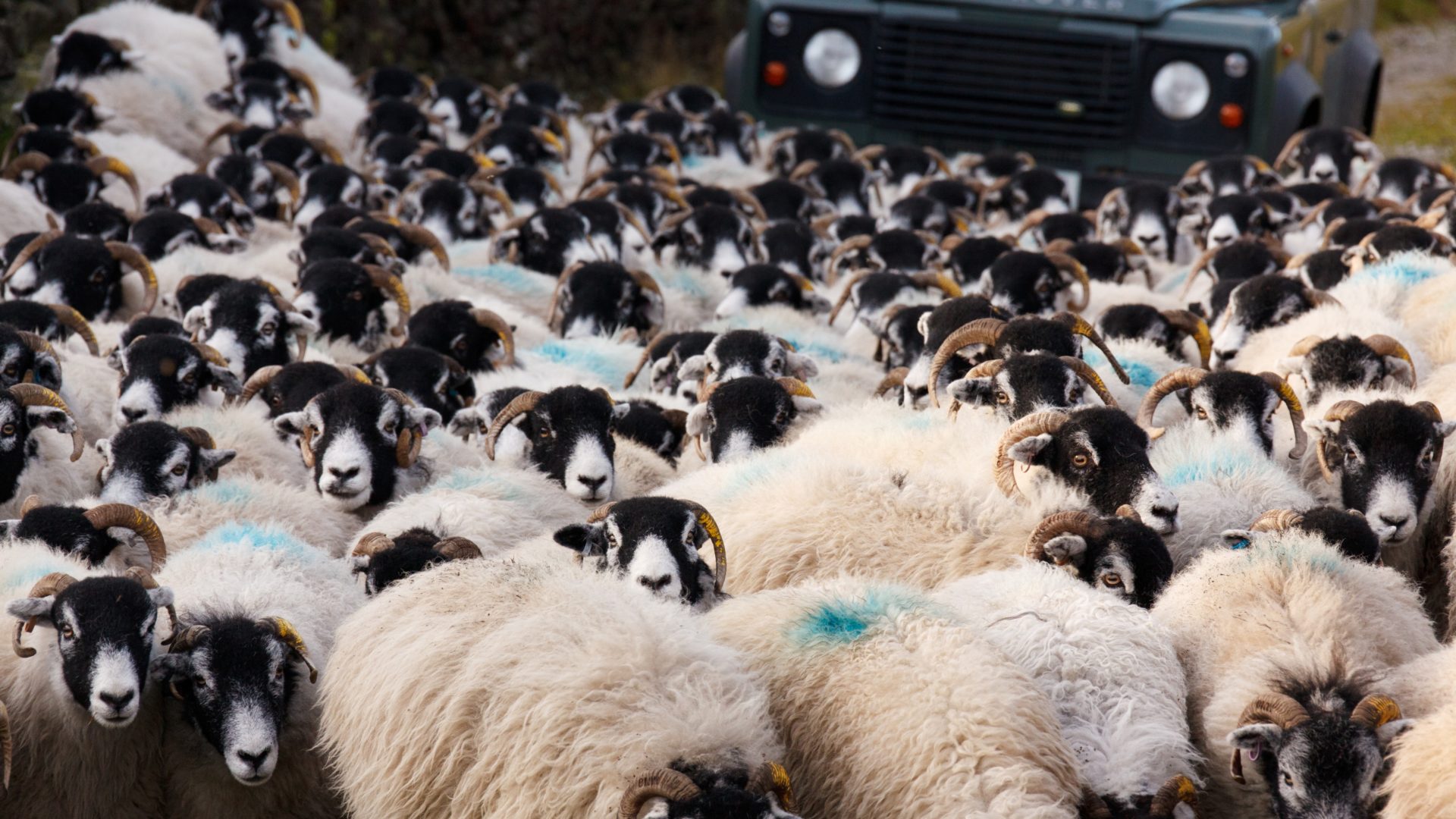Farming
Farming is the backbone of Wales. The Welsh landscape is rugged and mostly suited to hill farming and animal grazing – unlike in many parts of the UK where the land is mainly arable and used to grow crops. In fact, 84% of Wales is dedicated to agriculture.
But farming does not, and cannot, exist in isolation. It has been described as ‘an indivisible trinity’ where food, rural society and the farmed rural environment are inevitably interdependent. This is nowhere truer than in the uplands of Wales.
Pride in Farming
Pride in farming is expressed in the history written in the land, of the efforts of individuals, often across generations, and their collective impact in shaping and using resources at a landscape scale. Lineages of livestock with local names, adapted to the conditions of a particular landscape and its character, form a deeper dimension.
Local styles and fashions in field boundaries, reflecting how the local stone comes out of the ground and responds to the hammer. Hillsides cleared of stones by hand over centuries, walled, ditched, hedged, fenced, or enclosed to form fields to be cropped, grazed, periodically abandoned and sometimes restored. A jigsaw puzzle without a plan, but with a pattern, conforming to the physique of the land and the grain of the materials to hand.
CPRW supports farming and works with farmers unions to advocate for long-term solutions that enable them, their families, and neighbours to work with the land in a sustainable, rewarding, and profitable way.
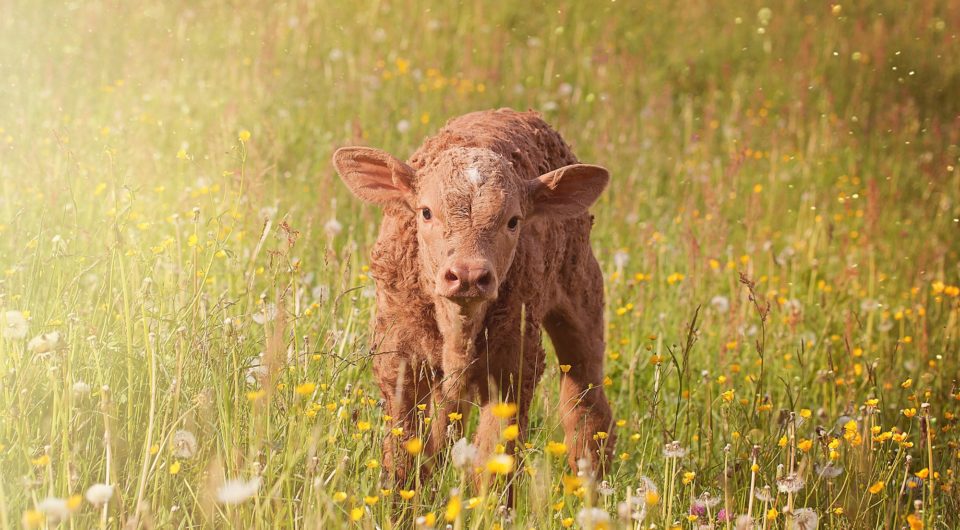
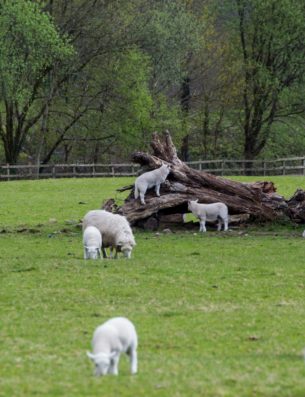
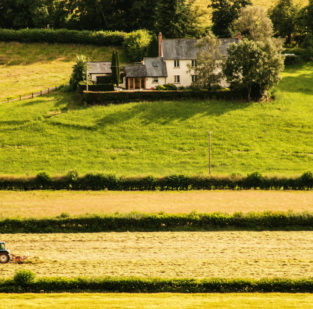
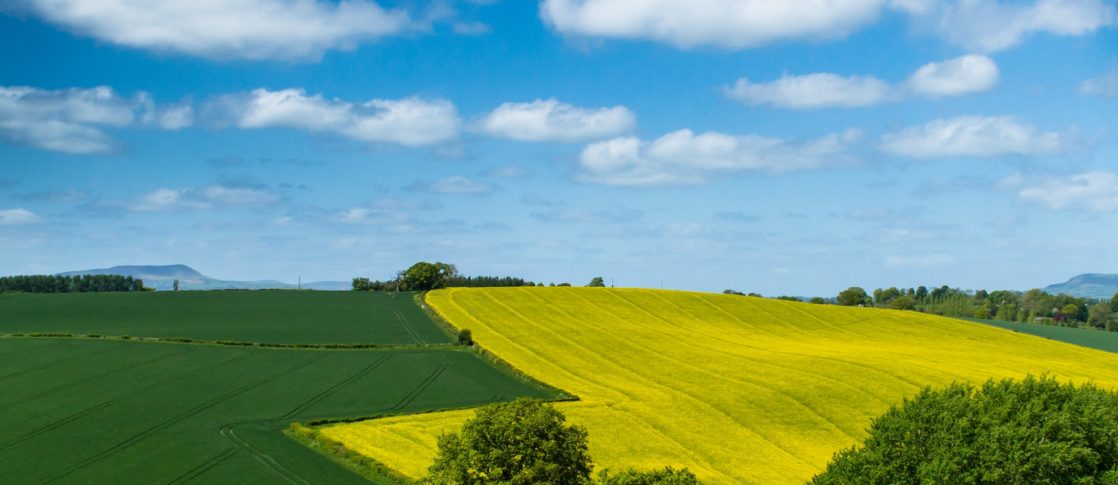
Custodians of our countryside
Farmers are the custodians of our countryside; they often know the best way to care for the land they farm. We will campaign for governments to ensure that farmers, including tenant farmers, are able to flourish and work with the land to increase biodiversity.
We continue to work closely with the Farming Unions, Farming for Nature, and the Tenants Farming Association to develop campaigns focused on what farmers need.
Hedgerow workshops
CPRW strongly encourages the Welsh Government to include hedgerows, which are beneficial to both biodiversity and livestock alike, in the upcoming Agriculture Bill (2023), believing that they should be included in the percentage of wooded areas.
In conjunction with our partners such as Middle Marches and Wildlife Trusts around Wales, we run hedgerow workshops throughout the year highlighting different techniques and illustrating how they are beneficial to agriculture and nature.
A farm rich in biodiversity produces better results, producing healthy soils, natural defences against pests, and cross pollination of crops.
A small minority of farmers are not such good custodians of the countryside, as sadly seen from avoidable pollution incidents. CPRW will support firm enforcement of environmental protection laws in the interests of the majority of farmers who respect them and the wider public interest.
[instagram-feed feed=1]


